Did you know that a ‘constructing authority’ (such as the Council or State Government etc.) has the power to ‘take’ privately owned land to provide services and community amenities like parks, schools, hospitals, and roads.
Compulsory Acquisition: Will I be compensated?
Compulsory Acquisition - An Introduction
Have you received notice that all or part of your land is required by an authority and they intend to compulsorily acquire it from you?
If so, you should seek legal advice immediately so as to ensure that your position is protected and to ensure that you don't lose any rights that you may have (for example, some rights you may have are subject to strict time frames and may expire etc.).
Easement Disputes
What is an Easement?
Easements come in all shapes and sizes, can be registered or unregistered and can be given by agreement or forced upon a land owner. It is no surprise therefore that easements can cause tensions between land owners.
To help you understand your rights and obligations we look at the threshold question of what is and is not an easement.
Put and Call Options
Adjustments to Purchase Price and Form 1 & 24
When there are three or more owners of a property, how do you hold the property? - Your Questions Answered Series
For our ‘Your Questions Answered Series’ we are discussing the joint ownership of real property when there are three or more owners.
When purchasing a property with one of more other people, you are required to decide whether you will own the property as ‘joint tenants’ or ‘tenants in common’. Where there are three or more owners, it is also possible to have a combination of ‘joint tenants’ and ‘tenants in common’.
See our earlier article HERE for the difference between Joint Tenants and Tenants in Common.









